Programs & Activities For Kids
Organized Programs
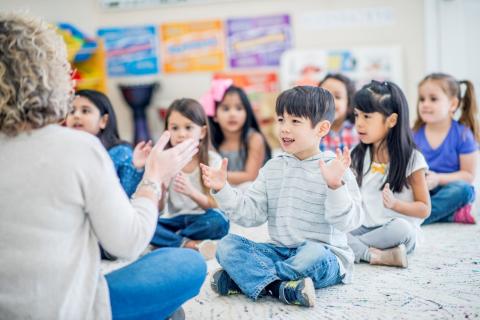
Head Start/Early Head Start
Head Start and Early Head Start programs offer a wide variety of services services for income-eligible pregnant women and families with infants, toddlers, and preschoolers.
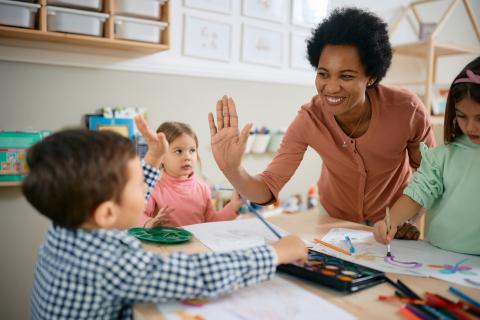
Preschool Programs
Preschool programs provide many positive educational and social outcomes for children and their families. Find preschool programs and learn about Early Childhood Special Education and Early Childhood Curriculum.
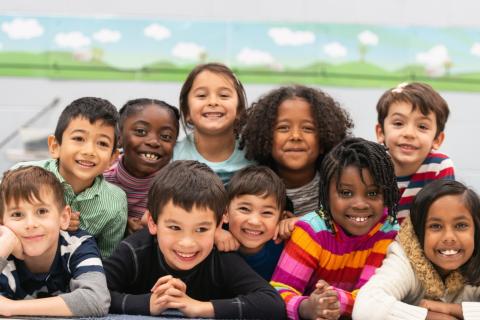
Before & After School Care
Before- and afterschool programs provide children with enrichment activities designed to complement their regular school day's academic program during non-school hours. Learn more about before- and afterschool programs and find one in your area!
Statewide Programs:
Regional Programs:
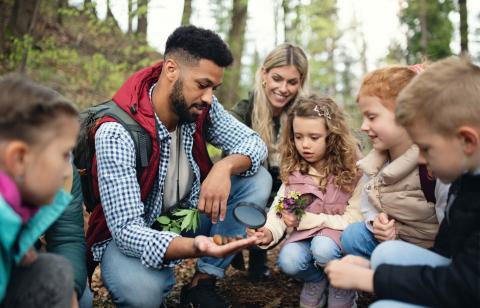
Big Brothers Big Sisters
Big Brothers Big Sisters makes meaningful, monitored matches between adult volunteers (“Bigs”) and children (“Littles”), ages 5 through young adulthood in communities across Missouri.
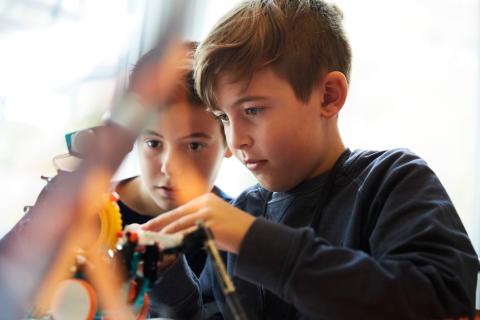
4-H Programs
4-H offers youth, families, and adult volunteers of all ages many ways to engage, grow and serve – through clubs, camps, contests, conferences, special interest groups, in-school and after-school programs, and more!
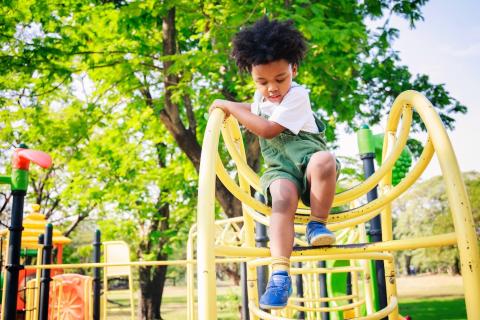
Summer Camps
Search for summer camps in Missouri based on location, type of camp, and special needs of the child.
DIY Activities
Click the links below to learn how to make low- to no-cost fun activities at home and garden with your children.
- Using Vegetables for Games & Crafts
- Healthy Eating Games & Activities
- No-cook Snack Ideas
- Fun Food Songs
- Recycled Crafts That Will Brighten Your Room
- DIY Bath Crayons
- Homemade I-Spy Bottles
- Taste Safe Finger Paints
- DIY Bubble Solution
- Make Your Own Bubble Wand
- Recipe for Recycled Bottle Bubble Blower
- DIY Musical Instruments
Emotional Indentification Resources
There is a reason we have emotions and emotions are neither good nor bad; they are just emotions. They all help us in some way. It is when emotions get out of control or too big to handle when they cause us problems. Helping children learn to manage and cope with emotions effectively is important.
Feeling charts, books, and games can help teach children to better identify their emotions. Use these tools to talk to them about how their body feels when they have these emotions and how they know they are experiencing these emotions.
Display Feeling Charts in the home and use these to help children identify emotions. Point to the emotion pictures and make faces that signify each emotion.
Read books and identify the emotions of the characters in the books. Find your local library here.
Play games and engage children in activities to help them recognize and cope with emotions.
Games
- Don’t Break the Ice, Candy Land of Kindness
- Board Games with Emotions
- Emotional Jenga
- Charades for Kids: Feelings &Empathy
Calming Activities